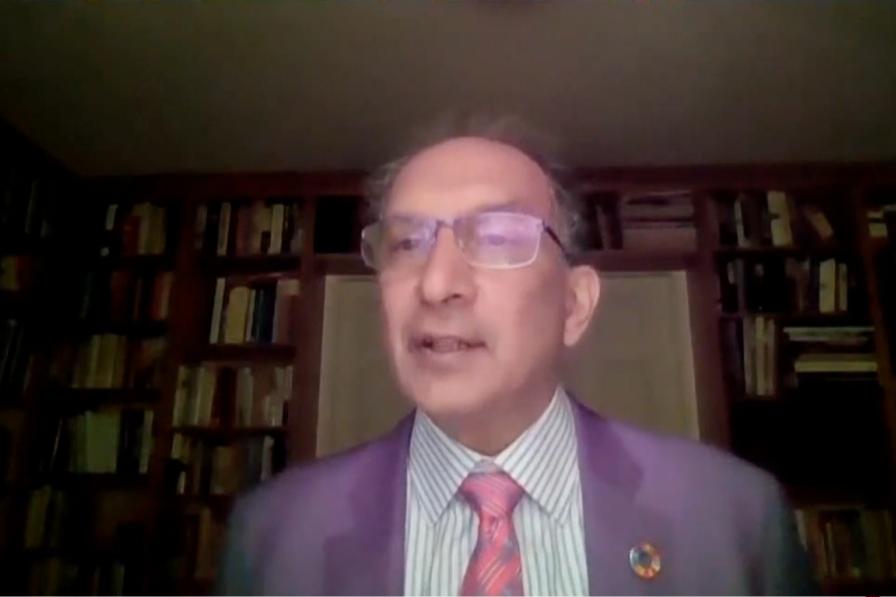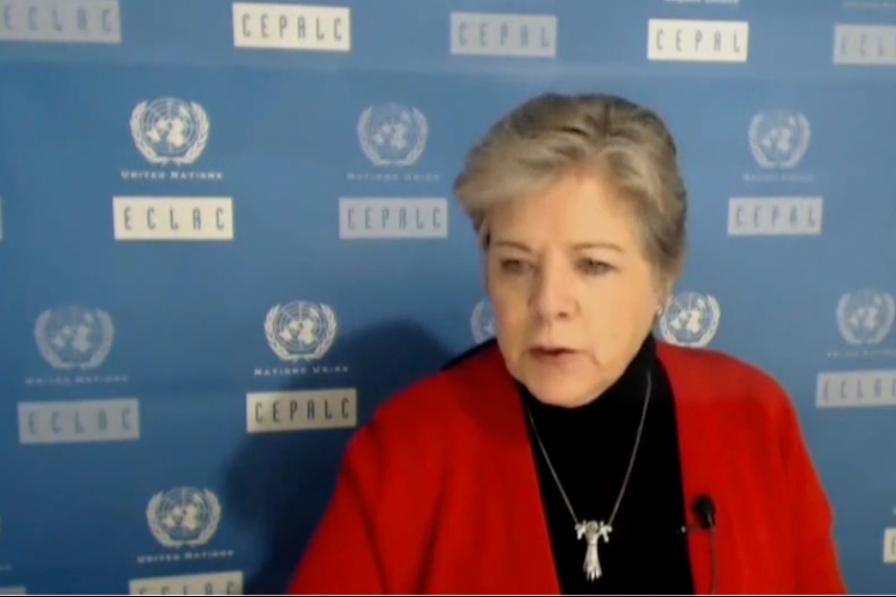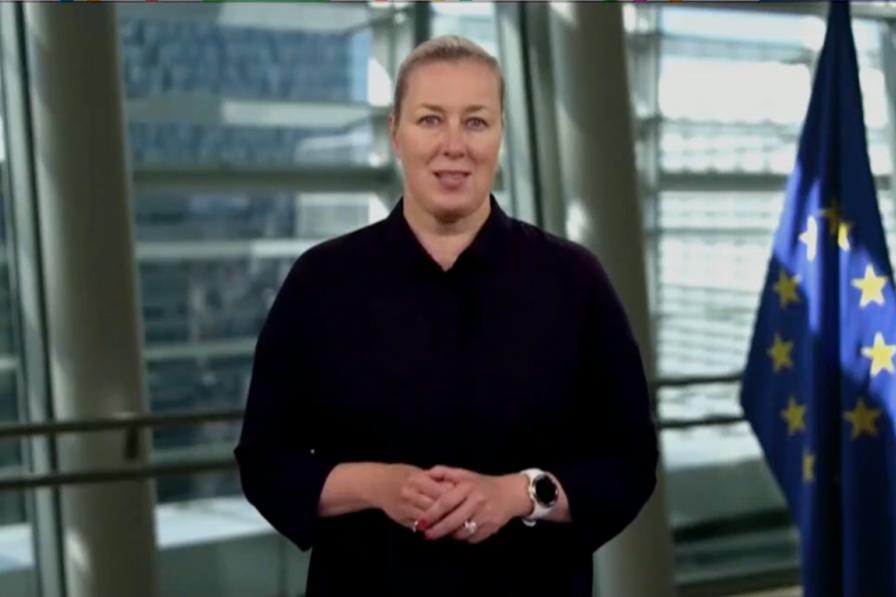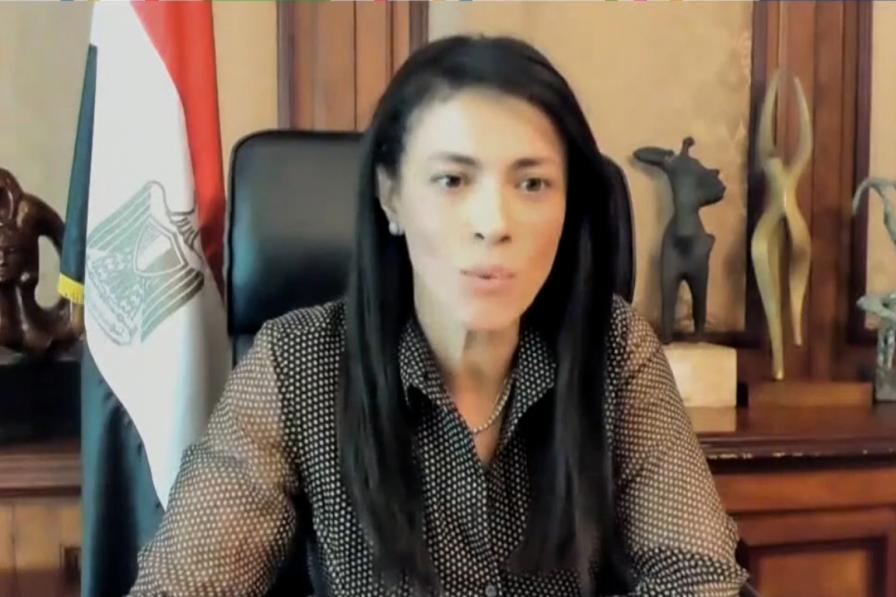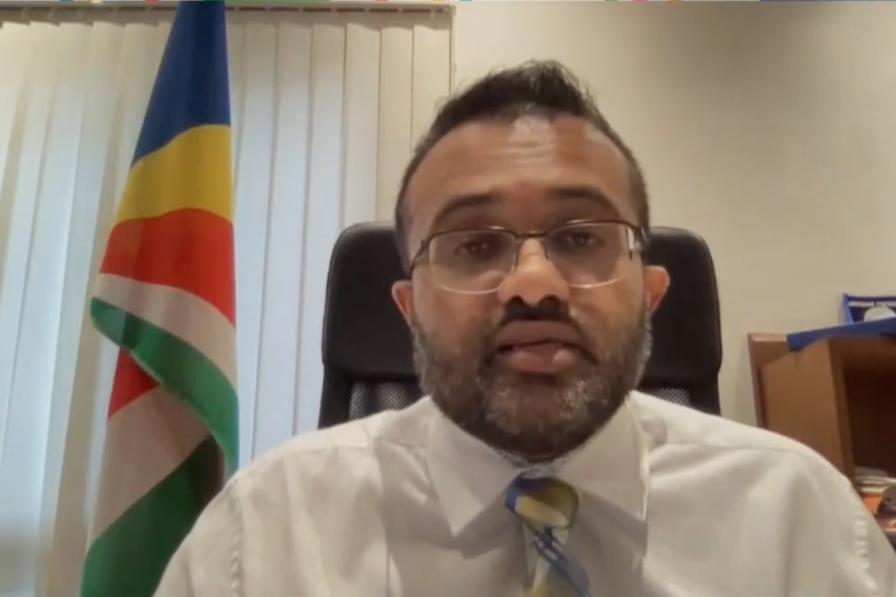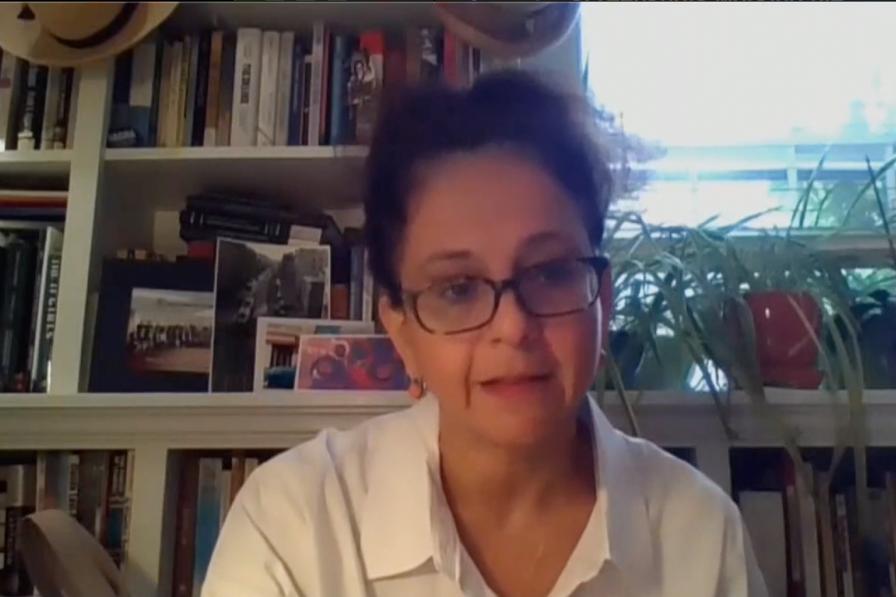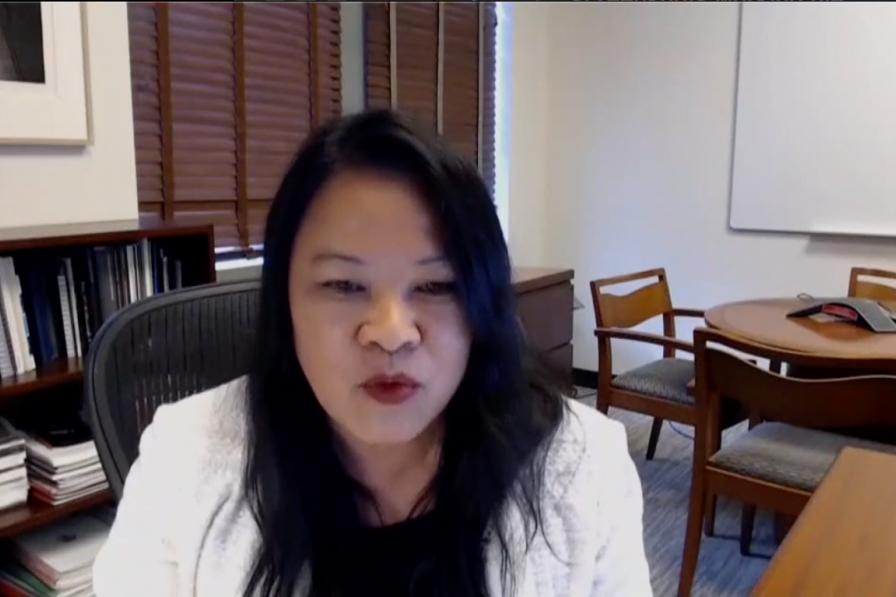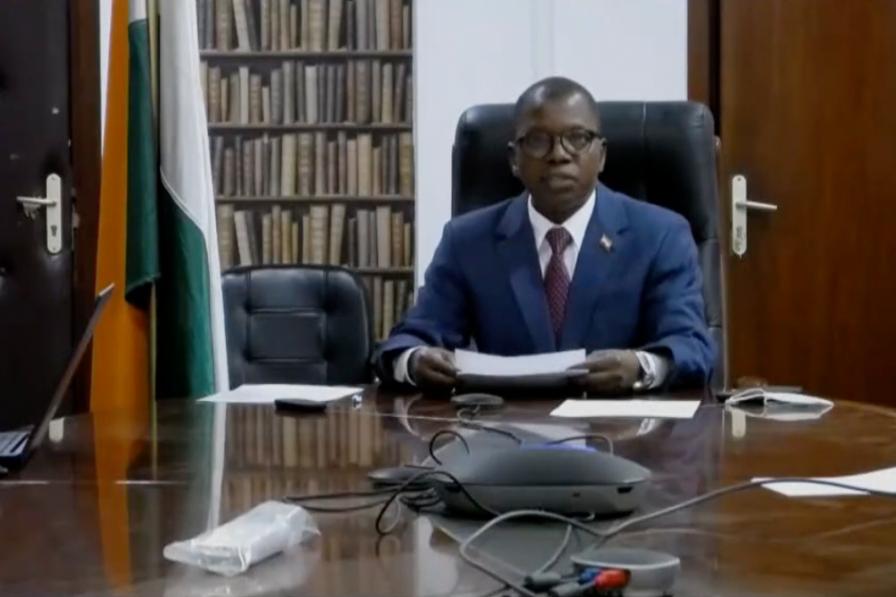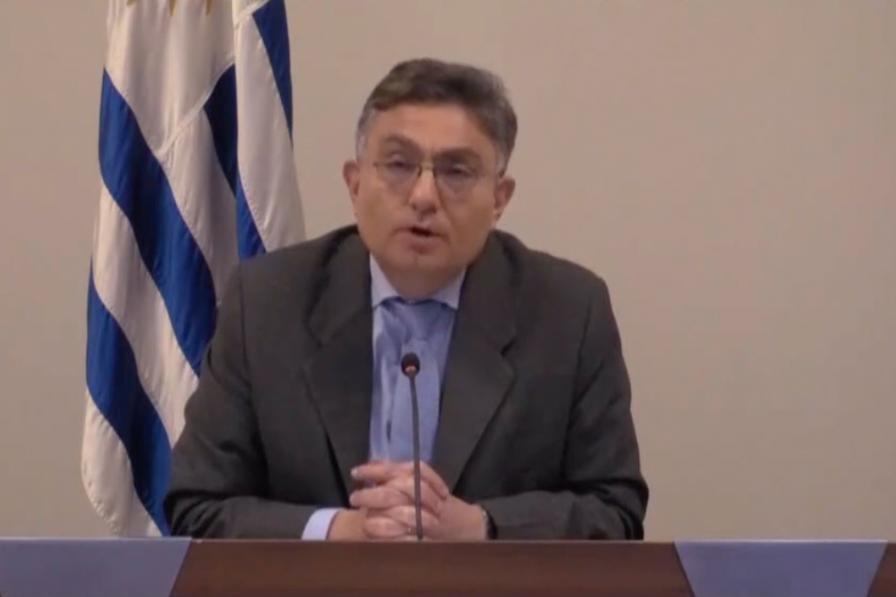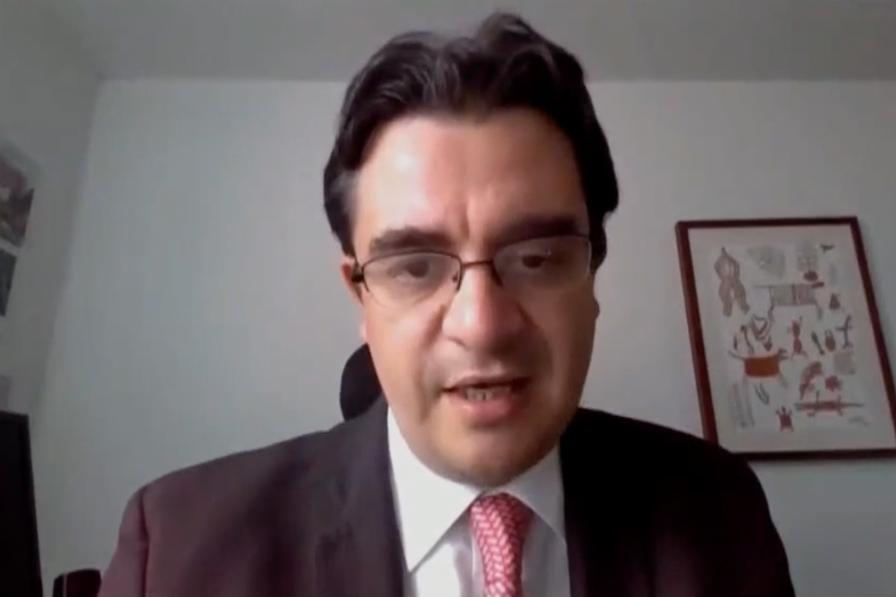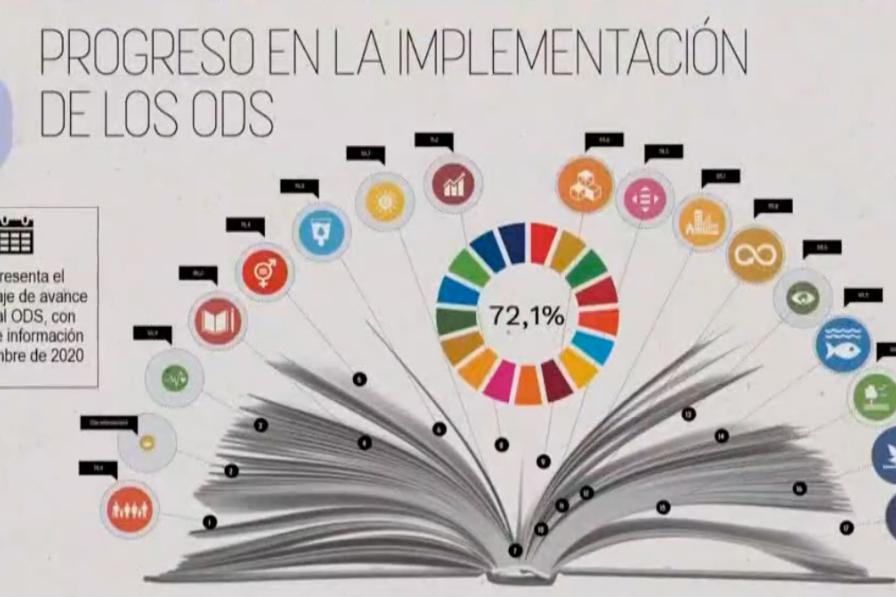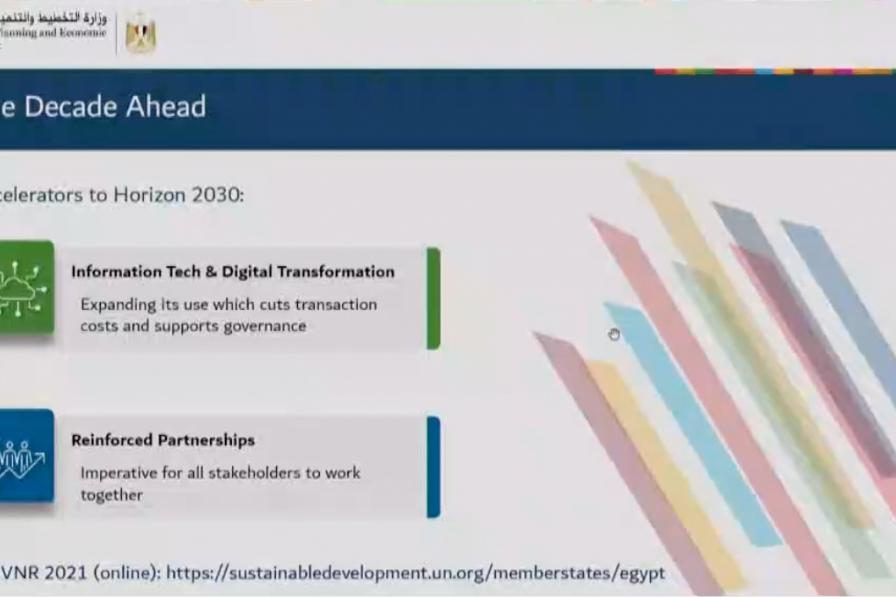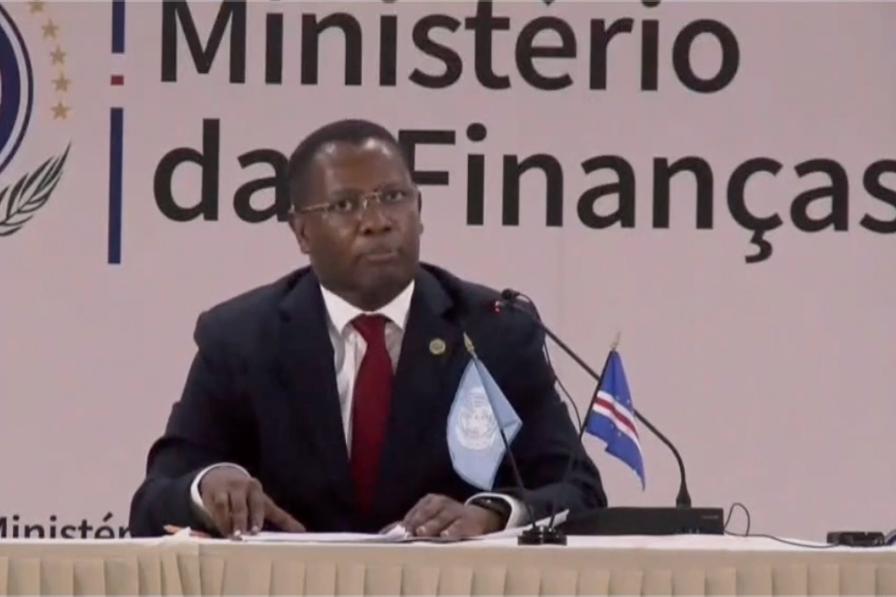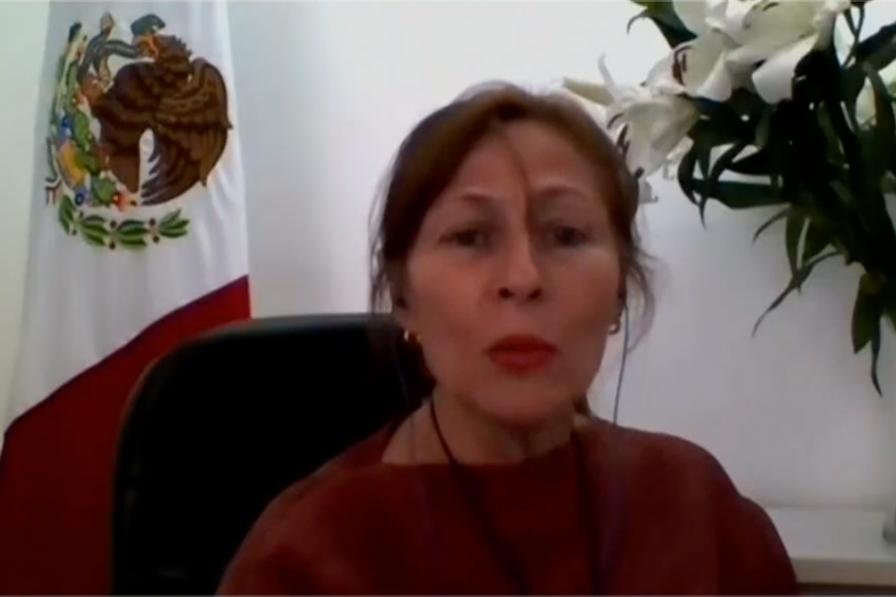Lack of fiscal space and the risk of sovereign debt distress have come into sharp focus as key stumbling blocks to achieving the 2030 Agenda for Sustainable Development for countries seeking to invest in recovery, climate action, and the Sustainable Development Goals (SDGs) while maintaining sustainable debt levels. Thus, the second week of the 2021 High-level Political Forum on Sustainable Development (HLPF) opened with a panel, moderated by Homi Kharas, Senior Fellow and Deputy Director for the Global Economy and Development Program, Brookings Institution, on the need to scale up public and private financing to achieve the 2030 Agenda.
Panelist Alicia Bárcena, Executive Secretary, UN Economic Commission for Latin America and the Caribbean (ECLAC), emphasized the importance of boosting liquidity and access to concessional financing.
Joyce Chang, Managing Director and Chair, Global Research, JP Morgan, outlined the USD 15 trillion global increase in debt since 2019. Other panelists called for reforming the international architecture on debt management, channeling more private investment into countries, and including vulnerability issues in development cooperation and the international debt architecture.
Jason Rosario Braganza, Executive Director, African Forum and Network on Debt and Development (AFRODAD), said: debt relief initiatives are inadequate; decision-making power is unbalanced with a minority of states making the majority of decisions; and the success of leveraging diversified finance requires addressing the financial architecture and aggressive tax evasion by multinational corporations.
The remainder of the day featured the presentation of 10 of the 2021 Voluntary National Reviews (VNRs). The VNRs aim to facilitate the sharing of experiences, including successes, challenges and lessons learned in implementing the 2030 Agenda. As UN Deputy Secretary-General Amina J. Mohammed noted, the VNRs also seek to strengthen policies and institutions of governments and to mobilize multi-stakeholder support and partnerships for the implementation of the SDGs.
In the morning, Azerbaijan, Egypt and Qatar presented their third VNRs and the Czech Republic presented its second. The afternoon session featured two panels. The first panel featured Niger, Uruguay and Colombia and the second included Cabo Verde, Guatemala and Mexico. Following each panel, participants had the opportunity to pose questions and comments, which were then addressed by the appropriate panelist.
Guatemala noted that since 2020, it has implemented more than 200 actions for its national implementation strategy for the SDGs.
Others highlighted the challenges posed by the COVID-19 pandemic as well as success stories. For example, most presenters described the participatory nature of their VNR process, which involved civil society, academia, the private sector, and multiple ministries and government offices. The Czech Republic highlighted its green transformation, including phasing out coal production. Azerbaijan, Niger, Cabo Verde, and Guatemala highlighted improvements to healthcare systems. Colombia introduced its SDG Corporate Tracker; Mexico described how it is strengthening its institutional structure. Egypt discussed its recently created sovereign wealth fund and its green bonds to help fight climate change; and Qatar described its National Vision 2030, which includes a perspective of equality and justice.
See the daily Earth Negotiations Bulletin for complete coverage.
To receive continuing coverage of this event delivered to your inbox, subscribe to the ENB Update newsletter.

